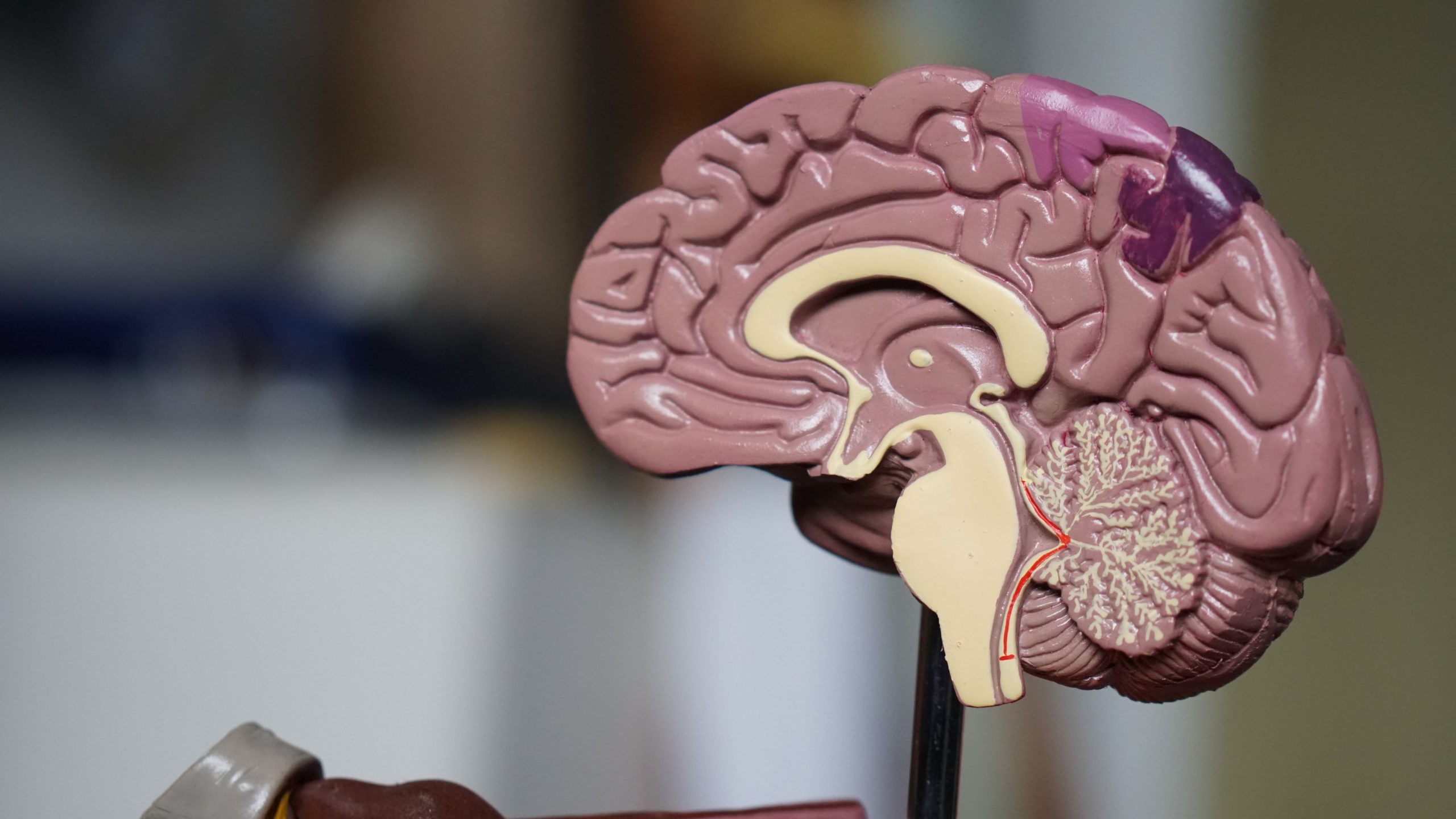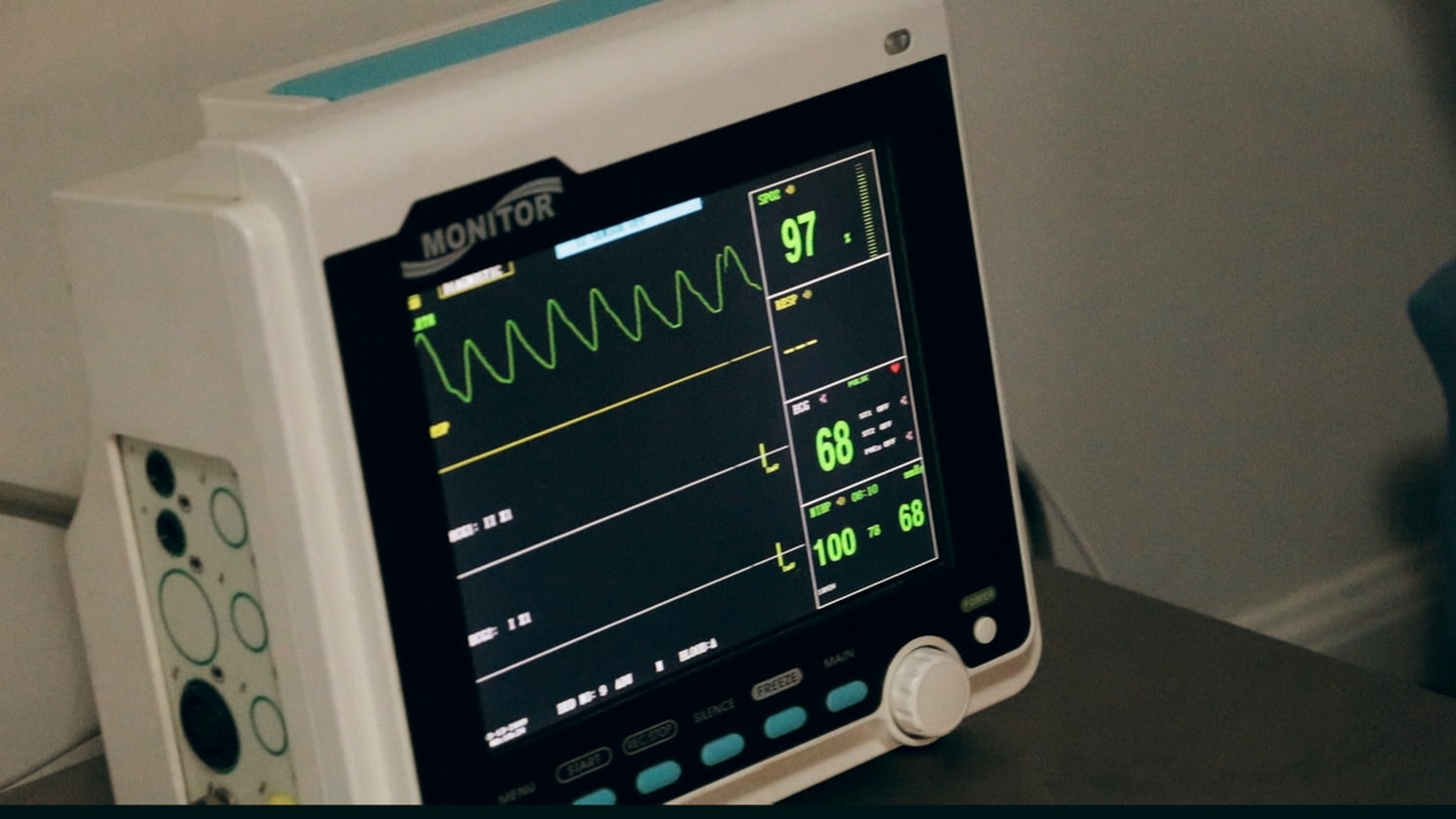Updated: May 30, 2023, at 10:01 a.m.
Does Alcohol Consumption Trigger Seizures?
While many people consider alcohol to be a “safe drug,” it can induce seizures. What counts here is not alcohol consumption, per se, but the quantity of alcohol consumed. We’ll double down on that in a bit more detail below. It’s important to know that alcohol effects the brain, acting as a depressant to the central nervous system. Most studies show that alcohol-related seizures often occur when a chronic drinker abruptly stops consuming alcohol. This can be a symptom of alcohol dependency withdrawal.
Not everyone who goes through alcohol withdrawal will have a seizure, but the risk exists. That’s why it’s important to find professional treatment at a licensed alcohol detox facility, like Landmark Recovery. We offer all-in-one treatment options to improve alcohol seizures. Call our confidential 24/7 line at 888-448-0302 to start your journey towards recovery.
Alcohol in Moderation
As with almost all things, when used in moderation alcohol is pretty harmless. Having a bottle of beer or a glass of wine on occasion isn’t likely to cause any problems, and it’s almost certain that it won’t lead to a seizure. That said, as we’ve seen before, some people don’t have the switch in their brain that lets them drink in moderation. For those people, alcohol could be problematic.
Binge Drinking and Alcohol Seizures
If someone consumes 4-5 servings of alcohol in a 2-hour period, this constitutes binge drinking. The liver cannot process this amount of alcohol quickly enough and the alcohol will be absorbed into the bloodstream. Binge drinking can quickly lead to alcohol poisoning. This is especially dangerous. Since the body can’t detox the alcohol fast enough, the alcohol overwhelms the central nervous system. When this happens, life support systems within the body tend to slow down or malfunction. This can lead to the person experiencing a seizure.
Alcohol Withdrawal
Generally, seizures related to alcohol are experienced during the period in which the person is experiencing withdrawal from alcohol. When a person is addicted to alcohol and it’s removed from their system, they will experience many unpleasant symptoms.
Some of these symptoms are:
- Anxiety
- Confusion
- Headache
- High blood pressure
- Increased heart rate
- Insomnia
- Irritability
- Nausea and vomiting
- Nightmares
- Tremors
For some people, these symptoms pass quickly while for others they hang around for weeks. Although these are the most common withdrawal symptoms a person can experience during detox from alcohol, there’s a much more serious withdrawal syndrome symptom.
Delirium Tremens (DTs from Alcohol)
When someone quits alcohol cold turkey, it results in a rapid alteration in their brain chemistry. This rapid change causes the brain’s neurons to fire rapidly. Within 48 and 96 hours of quitting drinking, a symptom known as delirium tremens can set in, and it can last for up to two weeks. This symptom is exceptionally dangerous, and many have died from DTs.
The following are symptoms of delirium tremens:
- Alterations in mental function and mood
- Chest pains
- Deep sleep for a day or longer
- Excessive sleepiness
- Extreme sensitivity to touch, light, or sound
- Fever
- Generalized seizures
- Hallucinations
- Irregular heartbeat
- Irritability, aggression, paranoia, agitation
- Physical tremors
- Profuse sweating
- Severe confusion that comes on rapidly
- Stupor
If a person is going to experience seizures during withdrawal from alcohol, they will most likely occur between 24-48 hours after the last drink. There are treatments for delirium tremens, but it’s best to start the withdrawal process in the presence of trusted and will-informed healthcare practitioners.
These providers can ensure you have the things needed to get better, like:
- Anticonvulsant medicine to stop seizures
- Antipsychotic medications to stop hallucinations
- IV fluids
- Medicine to prevent body aches and fever
- Rehab so you have support in quitting drinking
- Sedatives to help calm you down
Risks Associated With Alcohol-Related Seizures
We described the many different types and categories of seizures beforehand, so we won’t rehash that here. Alcohol-related seizures are generalized seizures, meaning they tend to affect the whole brain. These are the seizures you see on TV where the person falls to the ground in convulsions. As you can imagine, falling can result in injury – anything from a scraped knee to a severe concussion. The involuntary thrashing around can cause bumps and bruises. If left unattended, the person could easily die. Overuse of alcohol has been repeatedly linked to brain damage. Also, people can experience Wernicke-Korsakoff Syndrome which causes encephalopathy as well as mental psychosis.
Once a person experiences a seizure, they are also at a higher risk for developing seizure disorders. If this person doesn’t significantly reduce their drinking, they are risking serious medical conditions down the road.
Epilepsy and Alcohol
Epileptic patients are already prone to seizures. Cleveland Clinic cautions that those with epilepsy have much lower thresholds when it comes to alcohol tolerance and that these people are more likely to experience seizures as a part of alcohol withdrawal.
Why Do People Drink Alcohol?
So, what is it about alcohol that entices so many people to use it? Since the 1950s, scientists have been trying to determine the answer to this question. Researchers say there are two main reasons people drink – they turn to alcohol to cope with stress, or because of influences from their social circle.
When people over the age of 18 were surveyed as part of the 2018 National Survey on Drug Use and Health (NSDUH), the following was established:
- In the previous 30 days, 55.3% of people reported drinking alcohol
- In the previous year, 70% of people reported drinking
- 86.3% of those surveyed reported that they had consumed alcohol at some point in their lifetime
In the United States, the legal age for consumption of alcohol is 21 but, as with all things, people willfully break the law every day. Underage drinking was also surveyed and reported in the 2018 NSDUH.
- Among 15-year olds, 29.8% report having a drink
- 18.8% of 12 – 20-year olds report drinking alcohol in the past month (that’s over 7 million kids drinking alcohol).
Research indicates that those who drink alcohol as a way to cope with stressors and problems in their lives are more likely to abuse alcohol. Unfortunately, even when drinking alcohol is motivated purely by social factors, it can become excessive and turn into alcohol abuse.
Other reasons people turn to alcohol are to lower their inhibitions and because they think drinking will allow them to have more fun. Some people drink alcohol simply because it’s readily available. Alcohol is easily accessible and not particularly expensive. What keeps people coming back to alcohol, though? We’ll examine that next.
How Does Alcohol Affect the Brain?

A great deal of research has gone into the effects of alcohol on the brain, and scientists continue to come up with new insights to help us better understand alcohol abuse and addiction.
In a study performed at The University of California, researchers found that when people drink alcohol, endorphins are released in their brains. Endorphins are from the brain’s so-called reward center. When these endorphins are released, the person drinking alcohol is rewarded with pleasure, happiness, or some other reward. This process makes the brain and body want more of the alcohol, and the person will continually seek it out. Over time this will turn into alcohol abuse. If not arrested, this can easily turn into an addiction.
Another study carried out by researchers in Sweden and the United States found that people addicted to alcohol exhibit misfiring signals in the amygdala. When it comes to alcohol addiction, many people have simply lost control. Also, alcohol tends to act like gamma-aminobutyric acid (GABA) in the brain. When consumed, it lights up the brain’s entire reward system.
Alcohol binds to the GABA receptors in the brain and alters the release and absorption of neurotransmitters. When there is too much GABA, the person begins to slur their speech, becomes fatigued, stumbles and trips. They also become anxious, have trouble sleeping, and run a far higher risk of seizures. Seizures can be extremely dangerous, and they can even lead to death. We’ll look at what constitutes a seizure next.
What Are Seizures?
In the human brain, you have electrical synapses firing constantly. Yes, your brain is full of electricity!
When there is an uncontrolled disturbance of this electricity, it can cause a slew of symptoms including:
- Behavior changes
- Confusion
- Emotional or cognitive symptoms (anxiety, déjà vu, fear, etc)
- Impaired consciousness
- Jerky movements
- Staring without moving
These symptoms are indicative of a seizure. The majority of seizures last between 30 seconds and 2 minutes. When a seizure nears 5 minutes in duration, it becomes a medical emergency.
Different Types of Seizures
There are two different categories of seizures, and within the categories nestle several subcategories. Broadly, you can find focal seizures and generalized seizures. Seizures can also be classified as unknown.
Focal Seizures
Focal seizures stem from abnormal electrical activity focused on one area of the brain. Some people may lose consciousness while others remain conscious.
- Impaired consciousness – This is when a person has a seizure and loses consciousness or is not aware of what is going on. They might stare into space and be unresponsive. Sometimes they walk in circles or continuously chew
- No loss of consciousness – A person who has a seizure but does not lose consciousness might still have altered emotions, and things might taste strange. This is also the type of seizure in which you might see jerking body parts. People tend to experience dizziness or tingling here as well
Focal seizures and their symptoms can be misdiagnosed as a different medical problem such as narcolepsy, migraine, or mental illness.
Generalized Seizures
Sometimes, the seizure experienced involves all areas of the brain. These are called generalized seizures and there are a few different kinds of them.
Here is what is experienced with each one:
- Absence Seizures – Blankly staring into space while performing subtle movements like lip-smacking. Most common in children
- Atonic Seizures – Sudden loss of muscle control, often results in falling to the ground
- Clonic Seizures – Commonly results in rhythmic and jerking movements of muscles
- Myoclonic Seizures – Sudden twitching and jerking of the legs and arms
- Tonic Seizures – Sudden stiffening of muscles, especially in the back, arms, and legs
- Tonic-Clonic Seizures – Otherwise known as grand mal seizures, these are the most abrupt and dramatic type of seizure. Body stiffening or shaking, falling to the ground, and loss of consciousness are all to be expected here.
While some people have specific triggers, for most people, there’s no known cause for these seizures. However, we do know of some things that can lead to this experience.

Signs of Alcohol Abuse and Addiction
As the usage of alcohol is so prevalent, it should come as no surprise that the addiction rates are sky-high as well. Statistics show that more than 15 million people in the United States alone struggle with an alcohol-related disorder. Several signs point to abuse or addiction to alcohol including:
- Cravings or urges for alcohol
- Having a high tolerance (so you have to drink more)
- Not being able to accomplish work, home, or educational obligations because of alcohol use
- Not being able to stop drinking
- Spending lots of time recovering from alcohol
- Using alcohol continuously, even when it puts you in danger
What to Do Next
If you or a loved one is struggling with alcohol, please reach out for help before it becomes a bigger problem. Here at Landmark Recovery, we aim to help as many people as possible overcome addiction and go on to enjoy fulfilling lives.
Going through withdrawal without knowledgeable medical help can mean the difference between life and death for an addict. It’s vital to sober up, detox, and get healthy in the presence of knowledgeable healthcare professionals.
If you have any concerns about detoxing from alcohol and seizures or entering recovery from addiction, call us today at 888-448-0302. Let us help you have a brighter tomorrow!

Choose Recovery Over Addiction
We're here 24/7 to help you get the care you need to live life on your terms, without drugs or alcohol. Talk to our recovery specialists today and learn about our integrated treatment programs.




